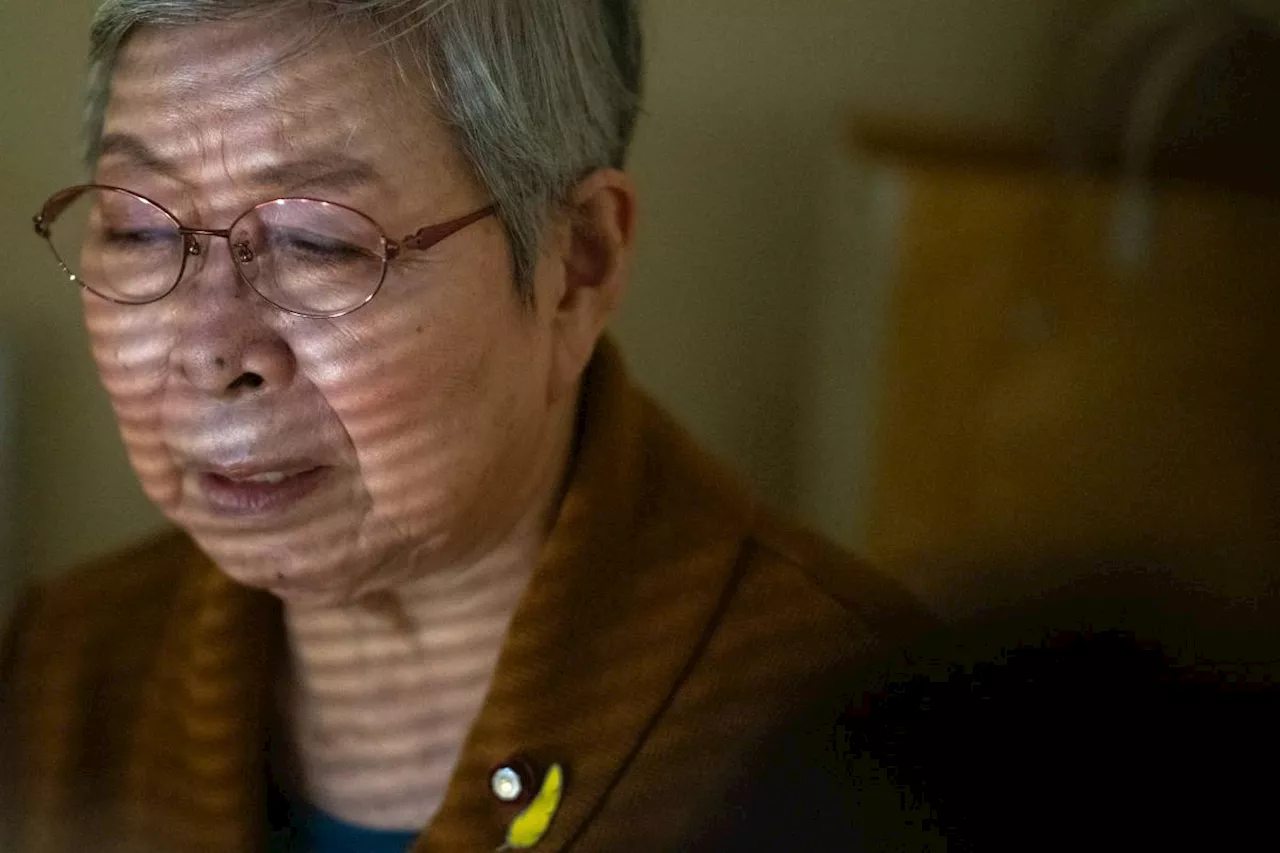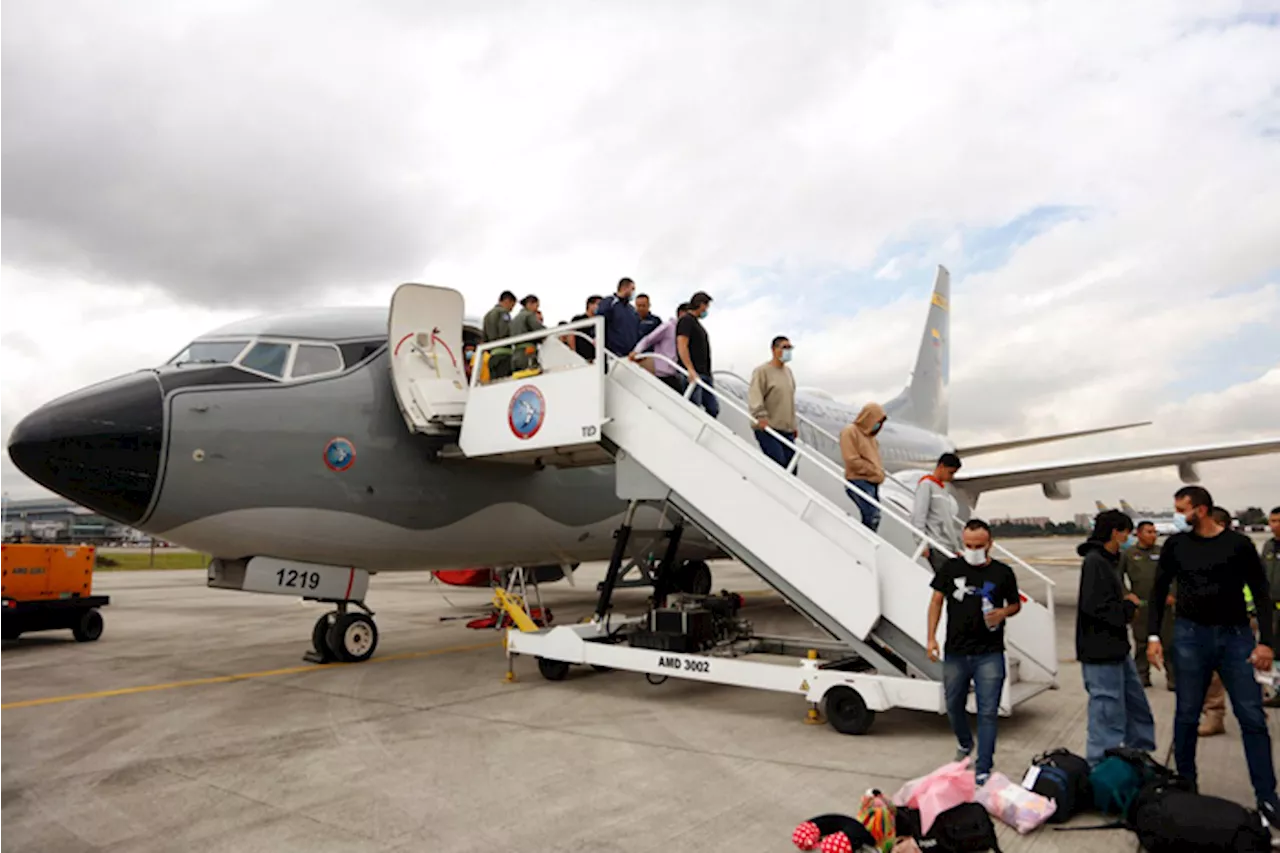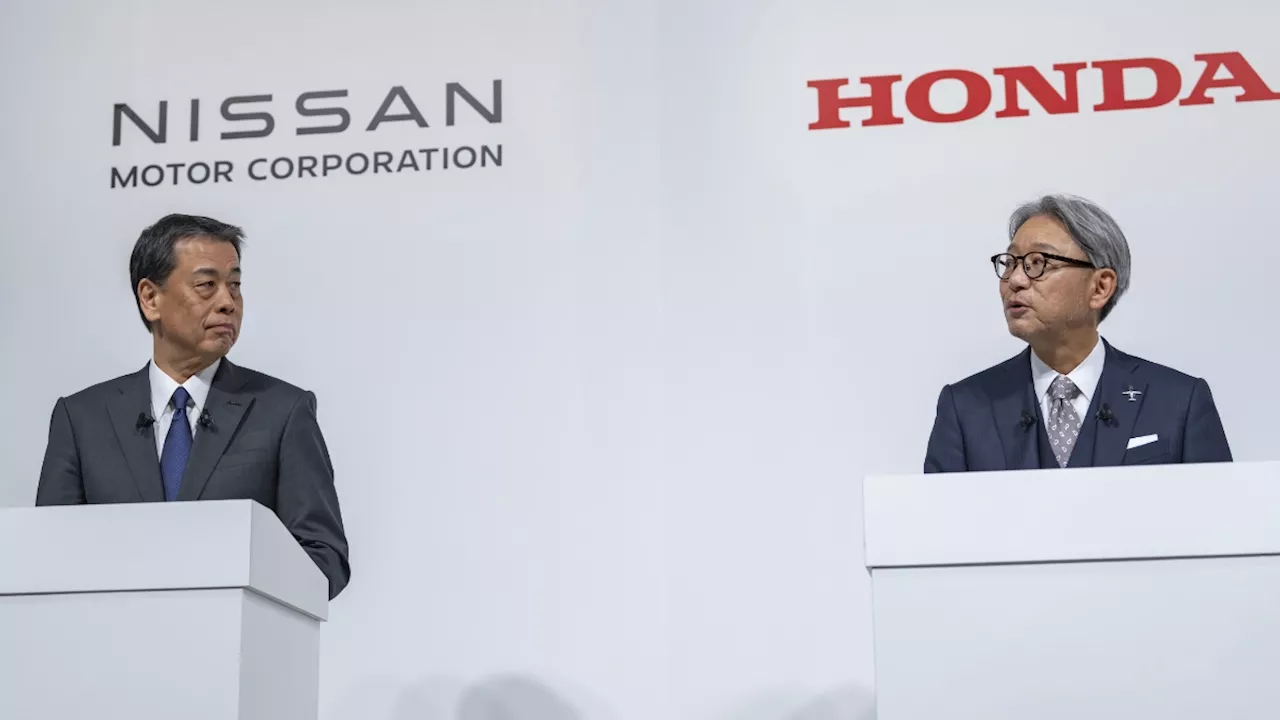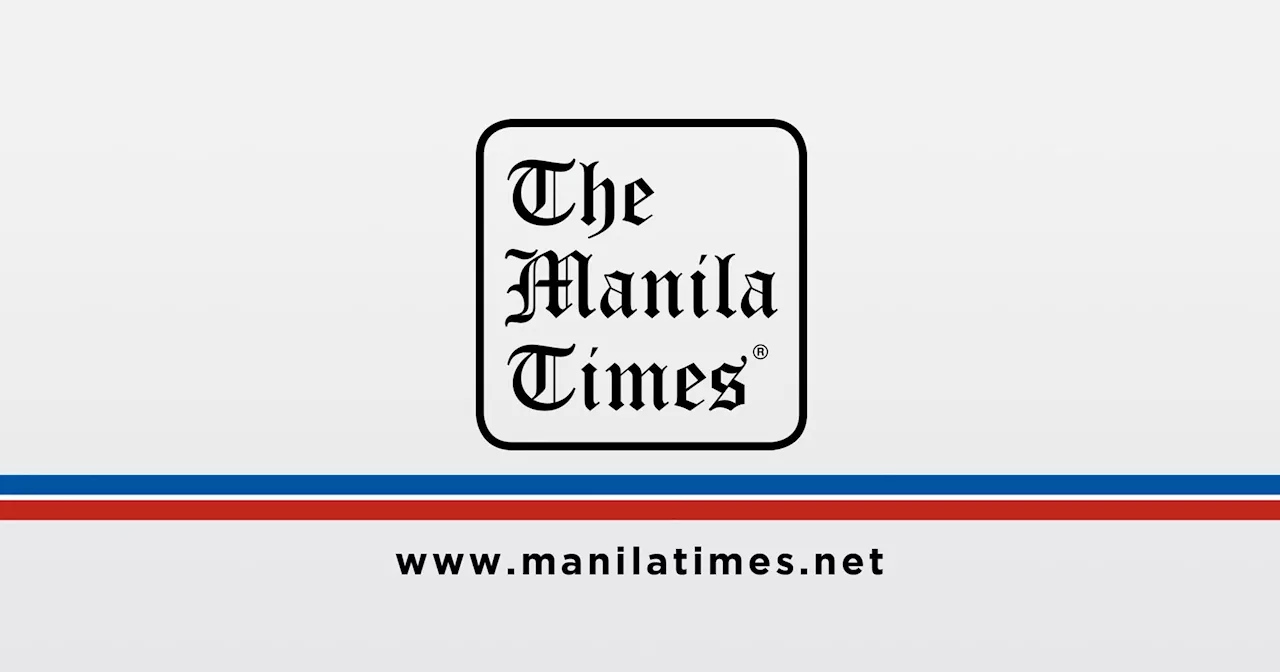The recent economic downturn in the Philippines has highlighted the importance of having an emergency fund. This article provides practical tips on how to build and manage an emergency fund, ensuring financial stability in the face of unexpected challenges.
Life is unpredictable. Economic instability, job losses, rising inflation and unexpected medical expenses can quickly derail financial stability . The recent economic downturn in the Philippines — marked by high inflation rates, rising fuel costs and increasing food prices — has put significant financial strain on many Filipinos. With uncertainties in the job market and the cost of living surging, having an emergency fund is more crucial than ever.
An emergency fund acts as a financial safety net, helping individuals navigate unforeseen circumstances without resorting to loans, credit cards or selling valuable assets at a loss. Without one, many find themselves scrambling for solutions, often turning to high-interest debt that can quickly spiral into financial distress.Building a solid emergency fund, even in challenging economic times, is possible with the right approach. Financial experts recommend setting aside at least three to six months' worth of living expenses. However, given the rising cost of essentials in the Philippines, a more secure target would be six to 12 months of expenses to provide a better buffer against prolonged financial difficulties. The key to success is to start small.If saving a large amount seems overwhelming, beginning with as little as P500 to P1,000 per month can still make a difference over time. A percentage-based savings approach can also be effective, where at least 5 to 10 percent of monthly income is allocated directly to an emergency fund. Automating savings through scheduled transfers from a payroll account to a dedicated emergency fund can make the process effortless.With inflation reaching multiyear highs, reassessing nonessential spending is another essential step. Cutting back on expenses such as dining out, frequent online shopping or subscription services can free up more funds for savings.Once an emergency fund is established, choosing the right place to store it is just as important as saving it. Liquidity and accessibility should be prioritized, ensuring that the funds can be withdrawn quickly when needed. A high-interest savings account with a digital bank — such as CIMB, Tonik, ING, Maya or GoTyme — can provide better returns, with annual interest rates ranging from 2.5 percent to 6 percent. For funds that do not need to be accessed immediately, short-term time deposits offer higher interest than regular savings accounts.For those who are willing to slightly compromise liquidity for potential growth, money market funds and high-yield investments, such as Unit Investment Trust Funds or money market mutual funds, can be considered. However, emergency funds should never be placed in high-risk investments like stocks or cryptocurrencies, as these can suffer from market volatility. Keeping a small portion in cash, ideally around P3,000 to P5,000, is also advisable for emergencies such as power outages, banking downtimes or natural disasters. A well-diversified emergency fund should include a mix of savings accounts, time deposits and money market funds to strike a balance between accessibility, security and potential growth.A strict rule applies when using an emergency fund: it should only be accessed for true financial emergencies. Medical emergencies that require hospitalization, surgery or expensive medication not covered by insurance or HMO are valid reasons for using the fund. It also becomes crucial in the event of job loss or a drastic income reduction, ensuring that essential expenses are covered while searching for new income sources. Major home or vehicle repairs that impact safety and mobility, as well as urgent financial obligations such as funeral costs, legal fees or emergency travel expenses, are also legitimate uses. However, spending the fund on leisure, gadgets, luxury items or nonessential purchases should be strictly avoided.Replenishing an emergency fund after using it should be a priority. Cutting back on discretionary expenses for a few months can help redirect funds toward rebuilding savings. Exploring additional income sources — such as freelancing, side businesses or online selling — can accelerate the replenishment process. Any extra income, such as bonuses, commissions or 13th month pay, should be allocated toward strengthening the financial safety net.In today's uncertain times, having an emergency fund is not just a recommendation — it is a necessity. Inflation-driven price hikes, layoffs, health emergencies and even calamities can strike at any time. A strong financial safety net provides peace of mind and ensures that financial crises remain manageable rather than overwhelming. It all starts with a commitment to save, no matter how small. In difficult times, financial preparedness can mean the difference between financial ruin and a temporary setback.John Lacorte is a registered financial planner of RFP Philippines. To learn more about personal financial planning, attend the 110th RFP program this March 202
Emergency Fund Financial Stability Inflation Philippines Savings Financial Planning
Philippines Latest News, Philippines Headlines
Similar News:You can also read news stories similar to this one that we have collected from other news sources.
 Japan's Unpaid Parole Officers Face Uncertain FutureJapan's volunteer probation officers, known as 'hogoshi', have long helped rehabilitate convicted criminals on parole, but the program faces challenges with an aging volunteer base and recent incidents. The article highlights the dedication of these volunteers, their impact on reducing crime rates, and the difficulties in attracting younger generations to this unique system.
Japan's Unpaid Parole Officers Face Uncertain FutureJapan's volunteer probation officers, known as 'hogoshi', have long helped rehabilitate convicted criminals on parole, but the program faces challenges with an aging volunteer base and recent incidents. The article highlights the dedication of these volunteers, their impact on reducing crime rates, and the difficulties in attracting younger generations to this unique system.
Read more »
 Popovich's Return Uncertain as Spurs Coach Continues Stroke RecoverySan Antonio Spurs coach Gregg Popovich remains sidelined as he recovers from a stroke. While his progress is encouraging, his return to the bench this season remains unclear. Interim coach Mitch Johnson continues to lead the team, with Popovich providing guidance and feedback from afar.
Popovich's Return Uncertain as Spurs Coach Continues Stroke RecoverySan Antonio Spurs coach Gregg Popovich remains sidelined as he recovers from a stroke. While his progress is encouraging, his return to the bench this season remains unclear. Interim coach Mitch Johnson continues to lead the team, with Popovich providing guidance and feedback from afar.
Read more »
 Timeline for Gregg Popovich’s return to Spurs remains uncertainThe Spurs say Gregg Popovich, the winningest head coach in NBA history, 'continues to get better' after he suffered a stroke in November
Timeline for Gregg Popovich’s return to Spurs remains uncertainThe Spurs say Gregg Popovich, the winningest head coach in NBA history, 'continues to get better' after he suffered a stroke in November
Read more »
 Seeking Refuge in Mexico: Migrants Face Uncertain Future After Trump's PoliciesFollowing US President Donald Trump's inauguration and his subsequent reversal of asylum policies, a surge of migrants are seeking refuge in Mexico, leaving their dreams of entering the United States in limbo. Many are forced to wait in long queues at Mexican refugee agency offices, hoping to begin the asylum process. Their stories highlight the human impact of Trump's restrictive immigration policies, leaving them facing uncertainty and hardship as they navigate a new reality.
Seeking Refuge in Mexico: Migrants Face Uncertain Future After Trump's PoliciesFollowing US President Donald Trump's inauguration and his subsequent reversal of asylum policies, a surge of migrants are seeking refuge in Mexico, leaving their dreams of entering the United States in limbo. Many are forced to wait in long queues at Mexican refugee agency offices, hoping to begin the asylum process. Their stories highlight the human impact of Trump's restrictive immigration policies, leaving them facing uncertainty and hardship as they navigate a new reality.
Read more »
 Long Island's Last Duck Farm Faces Uncertain Future After Avian Flu OutbreakCrescent Duck Farm, the last commercial duck farm on Long Island, has been forced to cull its entire flock of 100,000 birds due to an avian flu outbreak. The devastating loss has left the fourth-generation family business struggling to survive, with 47 employees laid off and the future uncertain. The farm, once a symbol of Long Island's duck farming heritage, now faces a challenging path to recovery.
Long Island's Last Duck Farm Faces Uncertain Future After Avian Flu OutbreakCrescent Duck Farm, the last commercial duck farm on Long Island, has been forced to cull its entire flock of 100,000 birds due to an avian flu outbreak. The devastating loss has left the fourth-generation family business struggling to survive, with 47 employees laid off and the future uncertain. The farm, once a symbol of Long Island's duck farming heritage, now faces a challenging path to recovery.
Read more »
 Honda-Nissan Merger Faces Uncertain Future Amidst Growing DifferencesThe planned merger between Japanese carmakers Honda and Nissan is in jeopardy due to widening disagreements between the two companies. Nissan's stock decline and anonymous executive comments highlight the current impasse. Possible reasons for the breakdown include Honda's demand for Nissan to buy back its stake from Renault and Honda's reported proposal to acquire Nissan outright, upsetting potential Nissan partners. Mitsubishi, a major stakeholder in Nissan, has already withdrawn from the merger.
Honda-Nissan Merger Faces Uncertain Future Amidst Growing DifferencesThe planned merger between Japanese carmakers Honda and Nissan is in jeopardy due to widening disagreements between the two companies. Nissan's stock decline and anonymous executive comments highlight the current impasse. Possible reasons for the breakdown include Honda's demand for Nissan to buy back its stake from Renault and Honda's reported proposal to acquire Nissan outright, upsetting potential Nissan partners. Mitsubishi, a major stakeholder in Nissan, has already withdrawn from the merger.
Read more »
